Beneath the surface: Innovation in education
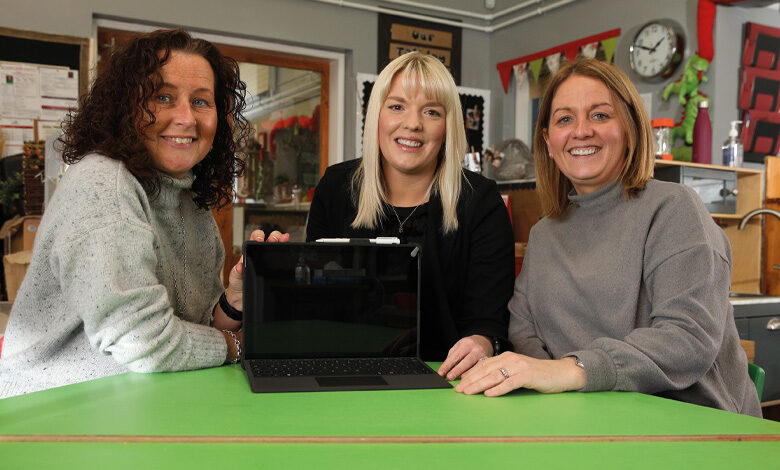
Technology is often associated with increased automation and reduced human interaction, but for schools, technological advancements are making education more accessible, innovative and collaborative. Innovation in education enables young people to progress and succeed.
To support the enhanced use of technology in schools, the Education Authority (EA), through funding from the Department of Education (DE) and in partnership with Capita and Microsoft Ireland, distributed 20,900 Microsoft Surface Pro 7 devices to every teacher in more than 1,100 schools across Northern Ireland in August 2022. This investment of nearly £20 million provides essential education hardware and software to support teaching and learning experiences, as well as enabling teachers to continue their professional development.
The rollout of the devices is part of a wider educational transformation programme called Education Information Solutions (EdIS), which will deliver digital solutions to facilitate unparalleled learning experiences and improve access to important services for schools, parents, and other stakeholders. As the technology partner, Capita with C2kNI, commissioned an independent and rigorous baseline study to assess the current use of educational technology by teachers in Northern Ireland.
The report examines how the deployment of devices has been received by teachers and lays the groundwork for longer-term analysis of the impact of digital technologies on teaching and learning.
Understanding the landscape: Professional learning sessions (PLS)
Two teacher-facing surveys were conducted before and after the Microsoft Surface Pro 7 rollout sessions in August 2022. 1,335 and 827 teachers completed the pre-PLS survey and post-PLS survey respectively. Most respondents (pre 67.42 per cent and post 71.58 per cent) were from the primary school sector representing 10.81 per cent and 7.11 per cent of all primary school teachers in Northern Ireland in the pre and post studies respectively. Representation from the remaining sectors was lower. Nonetheless, the survey data reflects 6.89 per cent (pre) and 4.27 per cent (post) of the entire teaching population in Northern Ireland.
Key findings: Impact of educational technology
Supports teaching and learning
Almost 90 per cent of teachers believe that the use of Microsoft Surface Pro 7 in their classrooms will enhance their teaching and learning and enable them to complete tasks more efficiently.
Enhances skills development
Despite current pressures in schools, 37 per cent of teachers have sufficient time to integrate their Microsoft Surface Pro 7 devices into their teaching. While over half of teachers say they have easy access to resources and support to develop educational use from their Surface Pro 7.
Enables professional collaborations and interactions
Most teachers felt that using technology would improve collaboration among colleagues and enhance teaching, with half of the respondents planning to take action.
Expands remit of teacher professional learning (TPL)
To support widespread integration and effective use within the classroom, there is a clear need to explore the broader affordances of educational technologies with pre-service and in-service teachers.
Recommendations
According to the report, schools need to regularly evaluate the effectiveness of educational technologies to remain relevant and responsive to learners’ needs. Further recommendations have also been suggested for all key agencies, which include:
- creating an up-to-date strategic plan for the development of digital teaching and learning;
- enhancing teacher professional learning (TPL) opportunities by:
- developing integrated structures from the initial to CPD phases of teacher education;
- opromoting effective practices through EdTech connections, summit-like gatherings and ongoing opportunities;
- developing a teacher mentoring scheme where clusters, specific teaching and learning areas, or key policy agendas can be shared among schools; and
- incentivising all teachers with criterion-referenced digital teacher awards.
- the increased use of quality markers such as NAACE and Digital Schools Award programmes;
- development of the General Teaching Council’s Teacher Competences related to digital wellbeing, cyber safety and resilience, understanding the benefits of blended and collaborative learning, as well as knowledge and skills related to data and administration efficiency gains through whole-school approaches; and
- introducing the SELFIE framework for learning, teaching, and digital leadership to help schools remain internationally relevant.
Acknowledgements
We are grateful to the author, Sammy Taggart and supporting researcher, Stephen Roulston for their invaluable work, commitment and rigour in producing this research on behalf of Ulster University. We are equally thankful to all the teachers who have so willingly shared their time, knowledge and experiences with the team. These contributions will be significant in transforming educational technology in Northern Ireland’s schools, now and in the future.
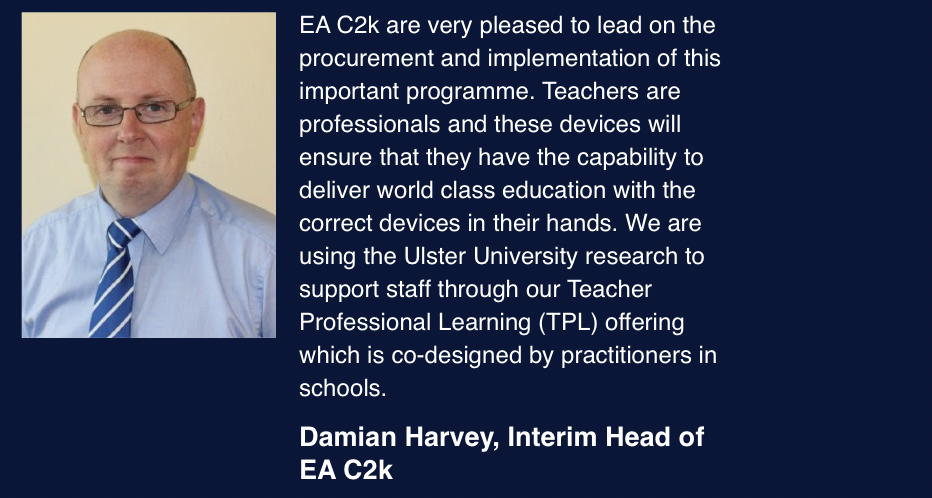
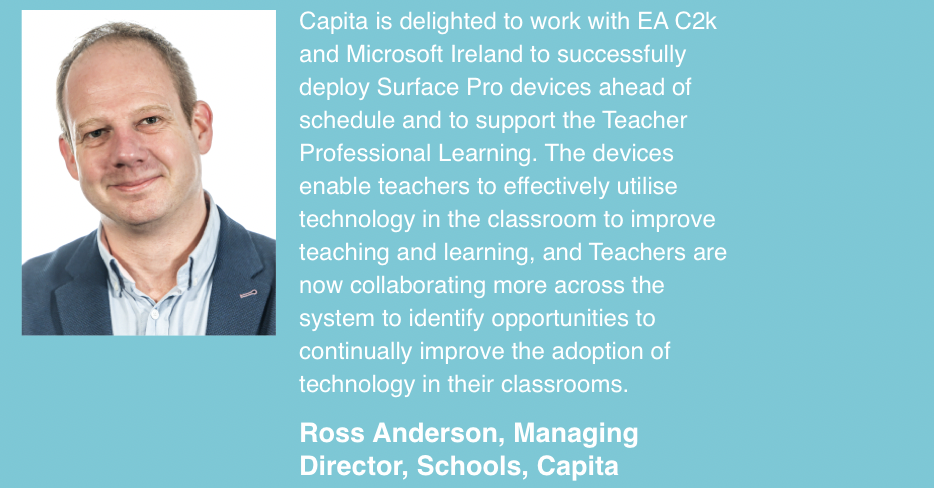
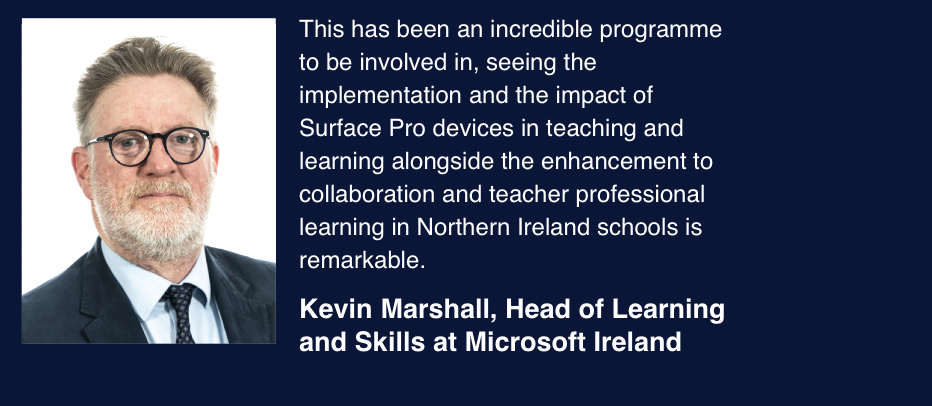
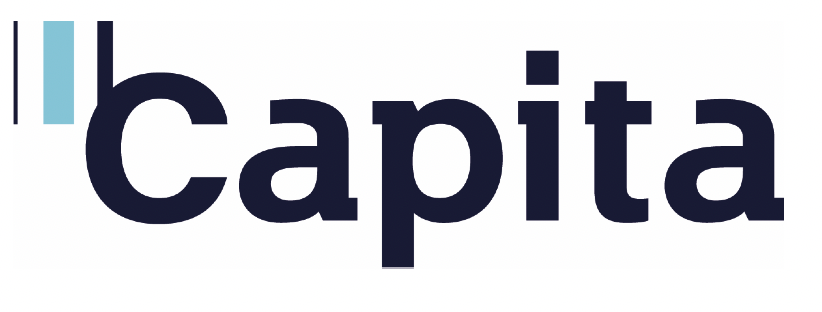
W: www.capita.com





